Cambridge Checkpoint Mathematics Teacher's Resource 7
Select Format
Select Condition 
Based on Your Recent Browsing
Book Overview
Written by well-respected authors, the Cambridge Checkpoint Mathematics suite provides a comprehensive structured resource which covers the full Cambridge Secondary 1 Mathematics framework in three stages. This Teacher's Resource for Stage 7 offers advice on how to introduce concepts in the class, and gives ideas for activities to help engage students with the subject matter. Answers to all questions in the Coursebook and Practice Book are also included.
Format:Unknown Binding
Language:English
ISBN:B01EQ5PNLK
ISBN13:9781107693807
Release Date:June 2012
Publisher:Cambridge University Press
Weight:0.18 lbs.
Dimensions:0.5" x 5.3" x 7.5"
More by Henry Edward Manning
Customer Reviews
5 customer ratings | 4 reviews
There are currently no reviews. Be the first to review this work.











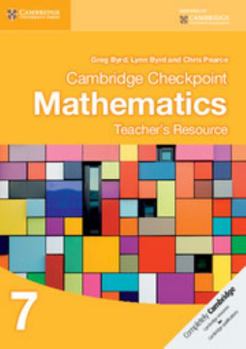









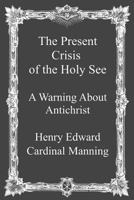
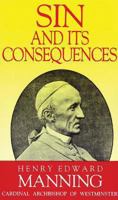

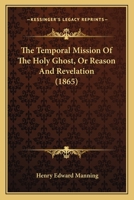


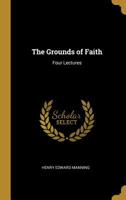

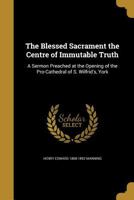
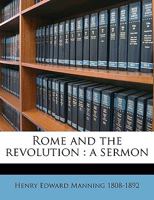

![Divine Faith [microform]](https://i.thriftbooks.com/api/imagehandler/s/B2F2E4CE15BB3C5B5CD346B8B035F7C0776CBB1C.jpeg)












